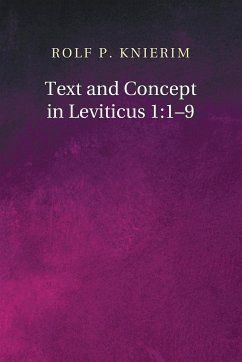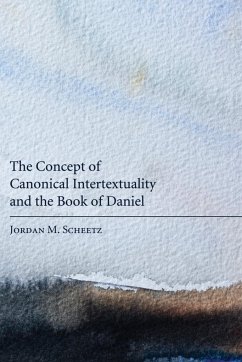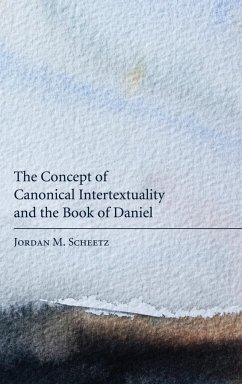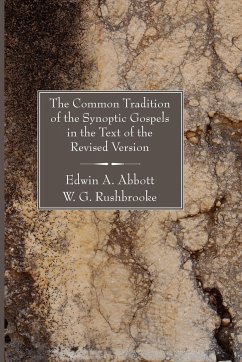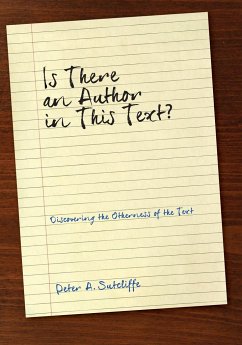This book is a methodologically oriented case study. It focuses on the relationship between a text's explicit statement and the inexplicit conceptual presuppositions beneath its surface, which are operative in it and govern it. The methodological focus has programmatic implications for the theory of exegesis and, hence, for the understanding not only of all biblical texts but of all oral and written language. It highlights the need for a readjustment of the exegetical method, especially in biblical exegesis. The format of a case study, rather than of an abstract methodological discussion, is important for demonstrating the control by the text of the hypothetical reconstruction of its inexplicit concept. While meant to be exemplary for the applied approach, the selection of Leviticus 1:1-9 yields specific results about this text, which in significant ways differ from and exceed currently available studies. These results affect, among others, the difference between ritual text and ritual act and between a text's individuality and typicality, a reconsideration of redaction, structure, intention or function, and of genre and setting, and an explanation of the semantic system which is the conceptual matrix for the text's prescriptions. And they contribute, positively as well as critically, to studies in fields such as anthropology and semiotics, especially sociology and psychology of religion, structuralism, ontology and of course, to studies in ancient Israel's cultic laws and theology.
Hinweis: Dieser Artikel kann nur an eine deutsche Lieferadresse ausgeliefert werden.
Hinweis: Dieser Artikel kann nur an eine deutsche Lieferadresse ausgeliefert werden.

